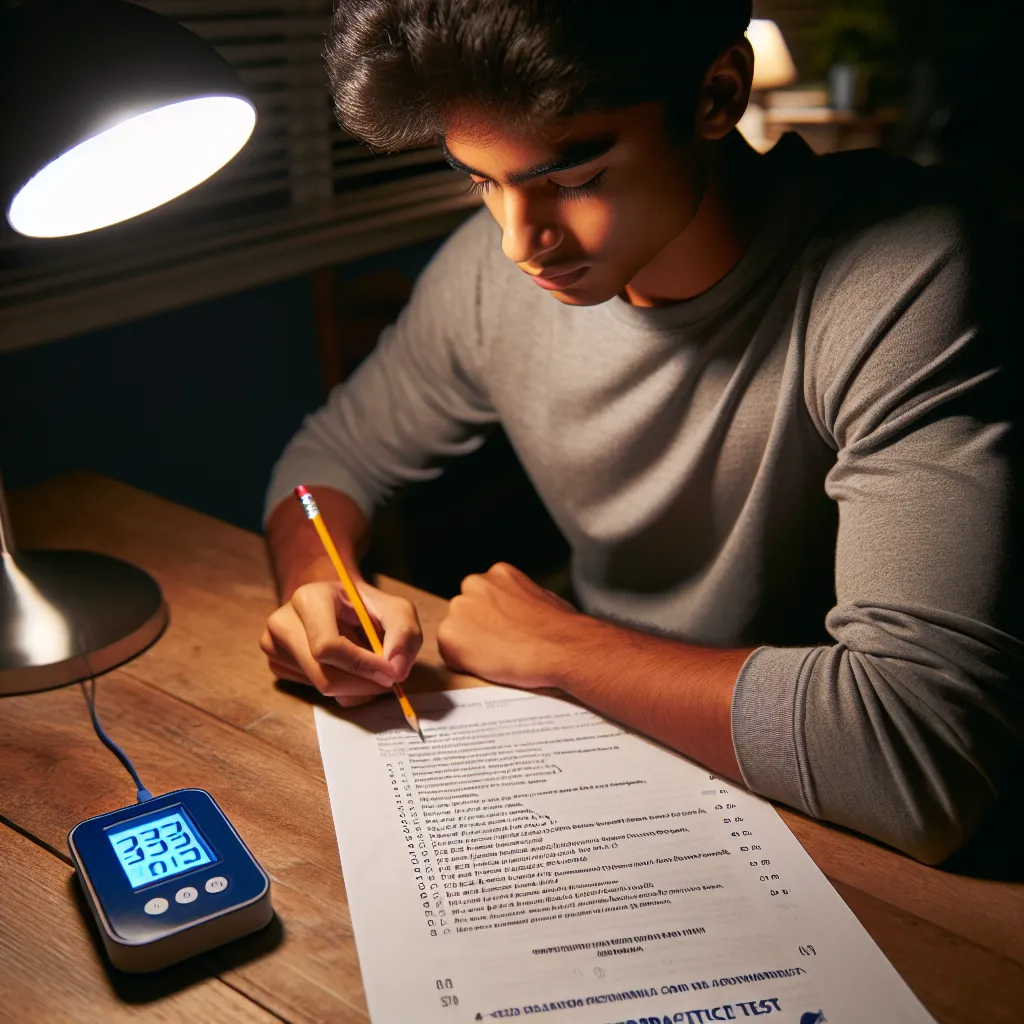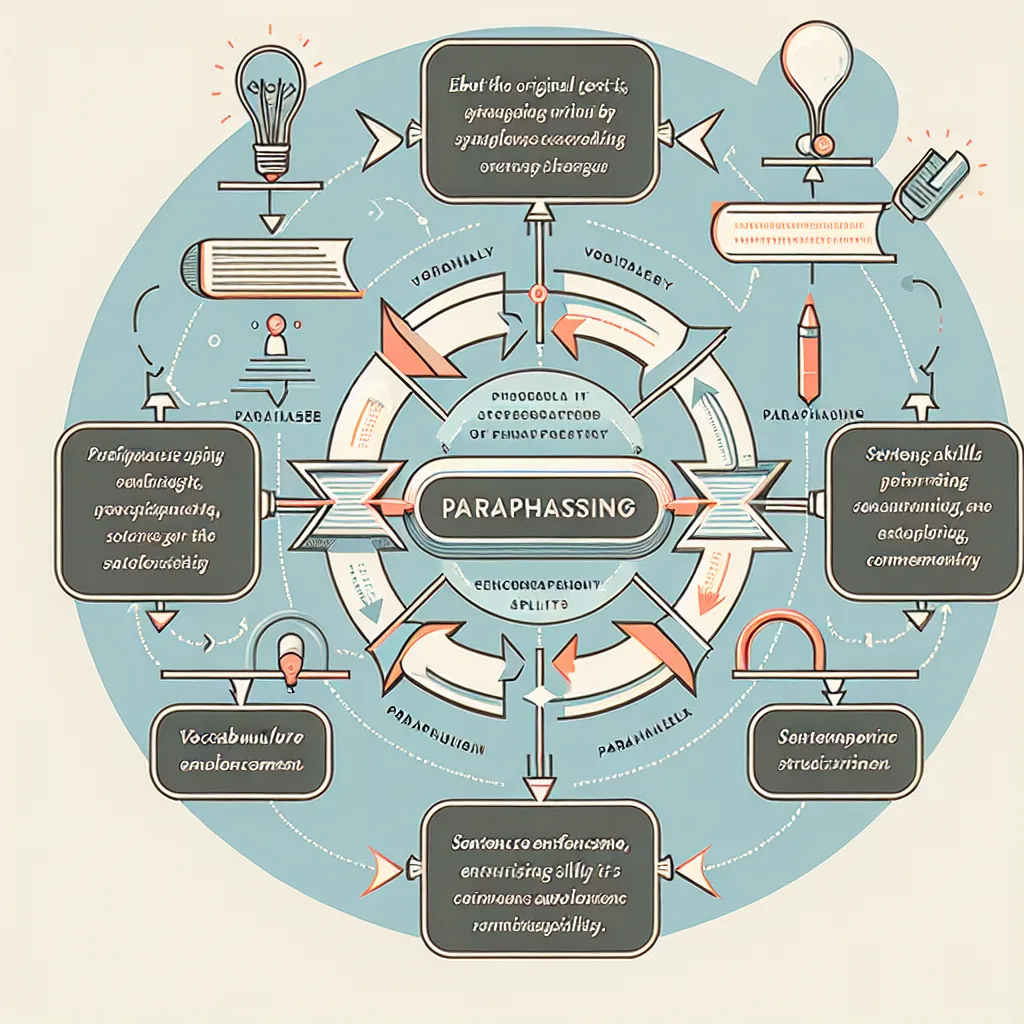Are you preparing for the Cambridge English exams? If so, you’re probably aware of the importance of practicing your reading skills. Cambridge Reading Practice Tests With Answers are an invaluable resource for anyone looking to improve their performance in the reading section of these exams. In this comprehensive guide, we’ll explore the benefits of using these practice tests, how to make the most of them, and where to find the best resources.
Why Cambridge Reading Practice Tests Matter
Cambridge Reading practice tests are designed to simulate the actual exam experience, providing you with a realistic preview of what to expect on test day. These tests are carefully crafted to reflect the format, difficulty level, and types of questions you’ll encounter in the real exam. By using these practice tests, you can:
- Familiarize yourself with the exam structure
- Improve your time management skills
- Identify your strengths and weaknesses
- Build confidence and reduce test anxiety
 Cambridge Reading Practice Test
Cambridge Reading Practice Test
Types of Cambridge Reading Practice Tests
Cambridge offers reading practice tests for various exams, including:
1. Cambridge English: Key (KET)
- Aimed at A2 level learners
- Tests basic reading comprehension skills
2. Cambridge English: Preliminary (PET)
- Suitable for B1 level learners
- Focuses on understanding everyday written English
3. Cambridge English: First (FCE)
- Designed for B2 level learners
- Assesses ability to deal with complex texts
4. Cambridge English: Advanced (CAE)
- For C1 level learners
- Tests advanced reading and comprehension skills
5. Cambridge English: Proficiency (CPE)
- Aimed at C2 level learners
- Evaluates high-level reading and analysis skills
How to Use Cambridge Reading Practice Tests Effectively
To get the most out of your practice sessions, follow these tips:
-
Simulate exam conditions: Set a timer and complete the test in one sitting without interruptions.
-
Review answers thoroughly: Don’t just check if you got the answer right or wrong. Understand why each answer is correct or incorrect.
-
Analyze your performance: Identify patterns in your mistakes and focus on improving those areas.
-
Practice regularly: Consistency is key. Aim to complete at least one practice test per week.
-
Use official Cambridge materials: Ensure you’re using authentic tests that accurately reflect the real exam.
 Cambridge Exam Preparation
Cambridge Exam Preparation
Where to Find Cambridge Reading Practice Tests with Answers
There are several reliable sources for Cambridge Reading practice tests:
-
Official Cambridge English website: Offers free sample tests for all exam levels.
-
Cambridge English exam preparation books: Contain multiple practice tests with detailed explanations.
-
Online learning platforms: Websites like [internal_link]Cambridge English Online[/internal_link] provide interactive practice tests.
-
Mobile apps: Several apps offer Cambridge-style reading practice on the go.
-
Local language schools: Often provide access to authentic practice materials.
Common Mistakes to Avoid When Using Practice Tests
While practice tests are incredibly useful, it’s important to use them correctly. Avoid these common pitfalls:
-
Overreliance on practice tests: Don’t neglect other aspects of language learning.
-
Ignoring time limits: Always practice under timed conditions to improve your speed.
-
Not reviewing mistakes: Take time to understand why you made errors and how to avoid them in the future.
-
Using outdated materials: Ensure you’re practicing with the most current exam format.
-
Focusing only on scores: Use practice tests as a learning tool, not just a measure of performance.
Next Steps After Completing Practice Tests
Once you’ve worked through several practice tests, consider these next steps:
-
Join a study group: Discuss challenging questions with peers.
-
Seek professional guidance: Consider working with a tutor experienced in Cambridge exam preparation.
-
Expand your reading: Read a variety of English texts to further improve your comprehension skills.
-
Take a mock exam: Participate in a full-length, timed mock exam to gauge your readiness.
-
Create a final study plan: Based on your practice test results, develop a targeted study plan for the weeks leading up to your exam.
Conclusion
Cambridge Reading practice tests with answers are an essential tool for anyone preparing for Cambridge English exams. By using these resources effectively, you can significantly improve your reading skills and boost your confidence for the actual test. Remember to practice regularly, analyze your performance, and use a variety of authentic materials to ensure you’re fully prepared for exam day.
Are you using Cambridge Reading practice tests in your exam preparation? Share your experiences and tips in the comments below, and don’t forget to check out our other articles on [internal_link]Cambridge exam strategies[/internal_link] for more valuable insights!




